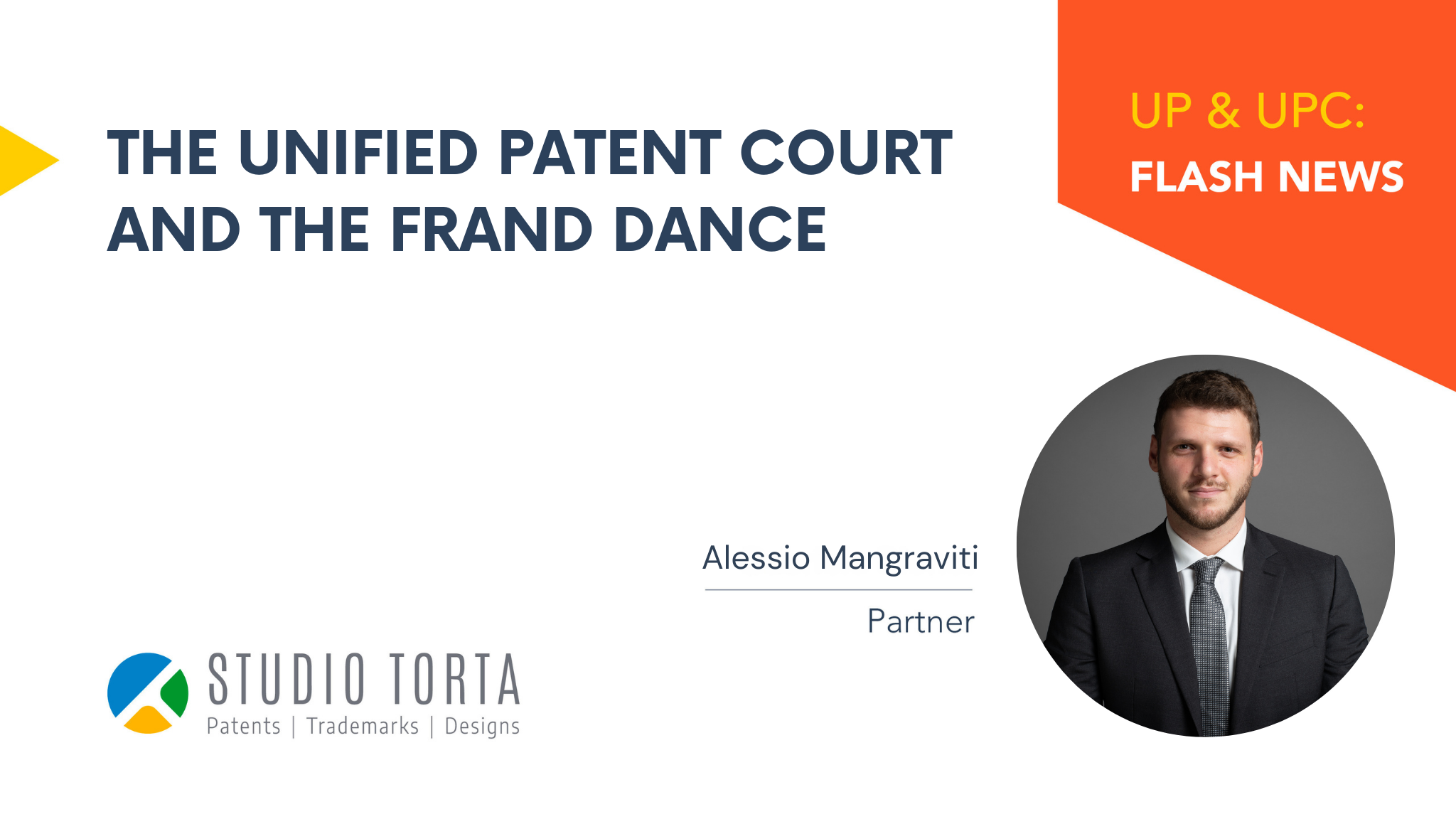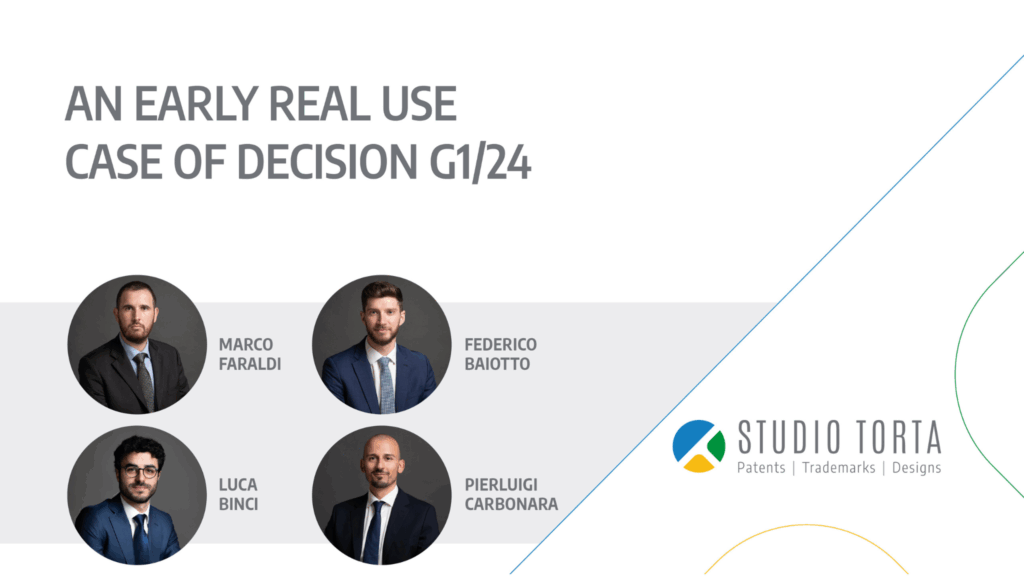The Unified Patent Court and the FRAND Dance
A New Era for SEP Litigation in Europe?
The Unified Patent Court (UPC) has made a notable debut, with a significant number of cases. The judges are dedicated to issuing first-instance decisions within twelve months for most of those cases. However, the expected surge of lawsuits in the realm of standard essential patents (SEPs) has not occurred. Despite this, SEP-related proceedings still account for a considerable portion of the pending patent infringement cases before the UPC.
It remains to be seen if they will adopt a different approach in the new UPC environment with respect to the national one. In contrast, courts in the US, China, and the UK have shown less restraint on this matter. They have set FRAND license rates, with the UK High Court and Supreme Court even autonomously setting a global FRAND rate in the Unwired Planet v. Huawei case. Chinese courts have also set global FRAND rates, asserting their jurisdiction to grant worldwide FRAND licenses.
A recent series of lawsuits in the UK, Germany (national court) and before the Mannheim Local Division of the UPC, involving Panasonic,
Xiaomi and Oppo, was closely followed because of the possibility of FRAND conditions being established for the first time. However, the
in this sense the case was settled before a decision on FRAND conditions was taken by one of the involved courts, leaving the matter open.
In detail, the local Mannheim Division prematurely dismissed Oppo’s counterclaim concerning the determination of FRAND rates in the patent infringement proceedings between Panasonic and Oppo. In the relevant decision, the Mannheim Local Division finally indicated
that it might agree to determine FRAND conditions if linked to an action for infringement of a SEP patent but does not see any room
for detached actions to determine FRAND conditions.
The UPC considers itself responsible for FRAND licenses only within its member states or for countries where the asserted European patent is validated. It cannot force parties to conclude a license at the FRAND rates it sets. The only consequence for a SEP patentee refusing to conclude a FRAND license at the UPC’s terms would be the denial of a corresponding injunction in parallel patent infringement proceedings. As the UPC continues to navigate these turbulent waters, the first decisions on SEP-related cases are expected soon (hopefully within the end of the year). These decisions will likely influence the number of SEP-related cases brought before the UPC in the future




